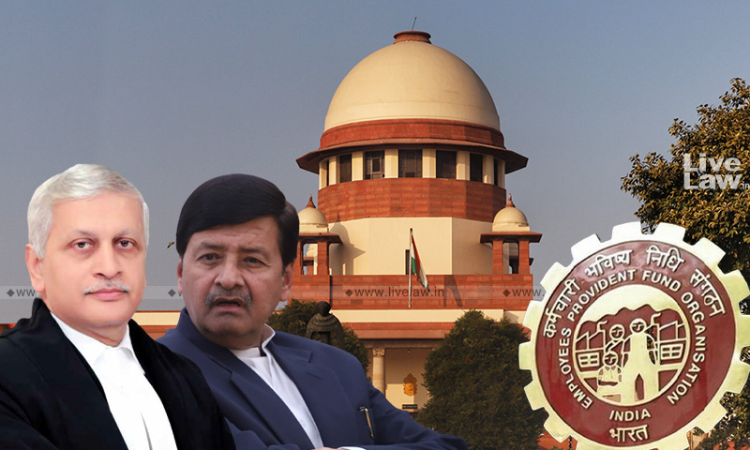- Home
- /
- Top Stories
- /
- EPF Pension Case : Supreme Court...
EPF Pension Case : Supreme Court Refers EPFO Appeals to 3-Judge Bench
Srishti Ojha
24 Aug 2021 10:43 AM IST
A 2-judge bench of the Supreme Court on Tuesday referred to a 3-judge bench the appeals filed by Employees Provident Fund Organization and Union of India, challenging the judgments of various High Courts which quashed the Employee's Pension (Amendment) Scheme, 2014."We have said that questions that arise are whether there will be cut off date or not for the option under(Paragraph 11(3) of...
Next Story



